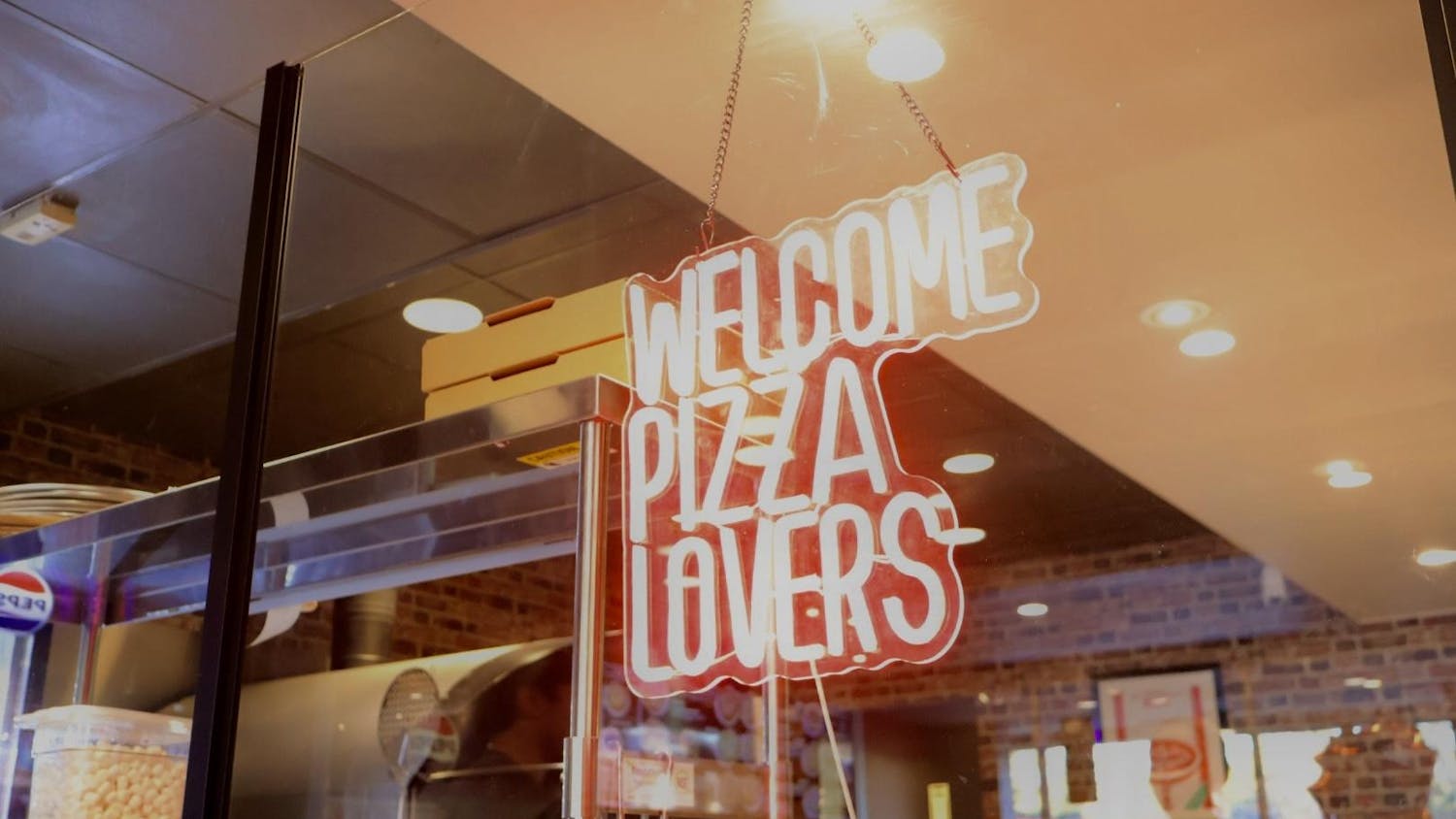Gainesville-based domestic violence center Peaceful Paths and University of Florida researchers partnered to address a growing threat in abusive relationships: technology.
The collaboration stems from a project led by the Center for Privacy and Security Research for Marginalized and Vulnerable Populations at UF, funded by the National Science Foundation Frontiers. The initiative focuses on how digital tools like mobile apps or location-sharing software can be weaponized to track and control individuals in domestic abuse or stalking cases.
While often designed for safety, technology can be repurposed to monitor a person’s daily life without their knowledge. The center uncovers hidden risks and develops safeguards that can inform policy and app design.
Kevin Butler, the director of the Florida Institute for Cybersecurity Research and the lead principal investigator for PRISM, said their research identifies misused digital tools like location-sharing services. The team’s work centers on equitable design and preventing the use of technology as a weapon.
“Our goal is to develop technologies and principles for technology design that ensure, especially with regards to security and privacy, that we maximize benefit and minimize harm for all,” Butler said.
Stalkerware is a technology of concern, a software that, once downloaded, can collect information, including location, calls and online activity.
“We’re working to understand how their experiences and perspectives have been colored by these applications,” Butler said.
PRISM researchers recently expanded their focus to location-monitoring apps like parental controls and dating platforms. Their work with Peaceful Paths collects data from survivors of domestic abuse to better understand how technology impacts their autonomy, safety and privacy.
“There’s a lot of evidence of [stalkerware applications] being used in abusive relationships,” Butler said. “By reverse engineering these applications and decompiling them to be able to look at the source code, we better understand how they operate, how they’ve been monetized and what are the elements of their operation that can potentially be identifiable.”
According to Crystal Sorrow, Peaceful Paths’ CEO, the organization began working with PRISM in 2022, when Butler and his then-Ph.D. student Cassidy Gibson led a cybersecurity training for survivors of domestic violence.
“This training was impactful as it educated our advocates on current trends in technology that could be manipulated by abusers,” Sorrow wrote in an email, “It offered solutions that could be discussed when safety planning with participants.”
Peaceful Paths’ violence prevention presentations used the research in middle schools, high schools and colleges, where it presented on digital dating violence.
“The knowledge gleaned through our partnership with PRISM shapes the best practices shared with students,” Sorrow said.
PRISM’s research strengthens conversations on digital safety, she said, allowing advocates to offer individualized recommendations. Peaceful Paths completed more than 4,000 safety plans in the past year, she added.
Sara Rampazzi, an assistant professor in UF’s Department of Computer and Information Science and Engineering, contributed to PRISM’s stalkerware research.
Rampazzi said the most common cases seen were boyfriends or fiances controlling their partners using these applications.
The research was focused on understanding the apps’ monetization systems. Many apps offer limited features for free, but more invasive capabilities can be unlocked through a paywall.
Alongside its work with Peaceful Paths, PRISM is the first academic partner in the Coalition Against Stalkerware, an organization composed of NGOs that have looked at potentially harmful applications.
Coalition Against Stalkerware was created in 2019 as a response to the increasing threat of stalkerware. It aims to unite organizations with the common goal of combating domestic violence and keeping technology safe.
If you or someone you know is experiencing domestic violence, Peaceful Paths offers confidential support. You can reach the organization at its 24/7 hotline at 352-377-8255. It can be reached via text at 352-727-0948.
Contact Swasthi Maharaj at smaharaj@alligator.org. Follow her on X @s_maharaj1611.

Swasthi is the Fall 2025 university administration reporter. She's previously worked as general assignment reporter with The Alligator, and you can also find her work in Rowdy Magazine or The Florida Finibus. When she's not staring at her laptop screen or a textbook, she's probably taking a long walk or at a yoga class.






